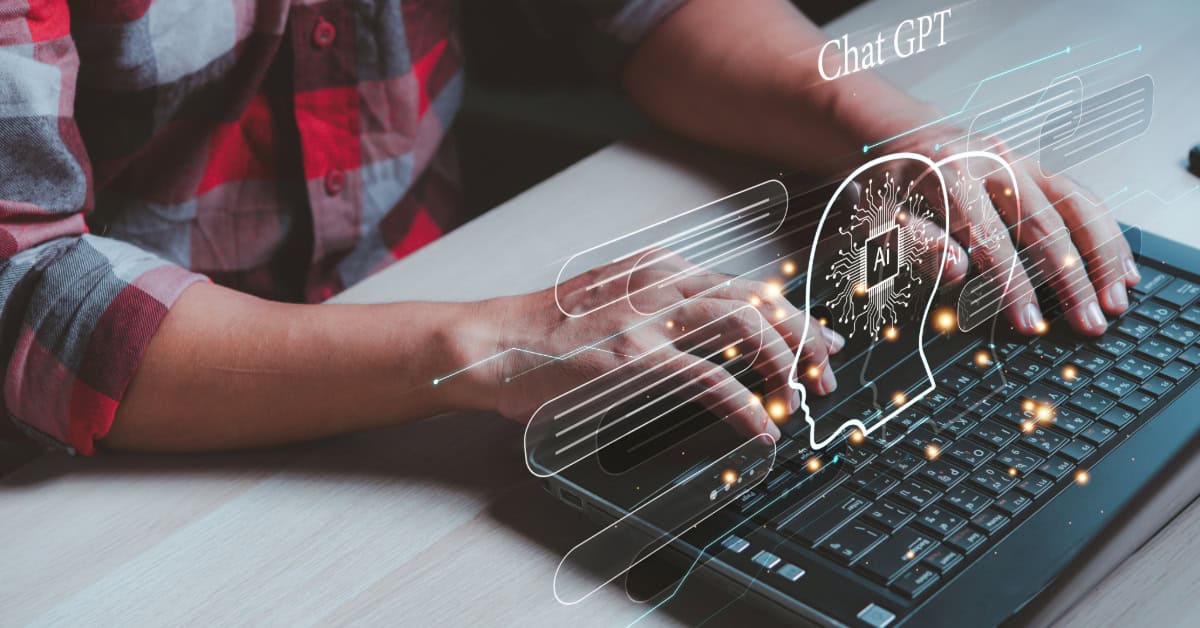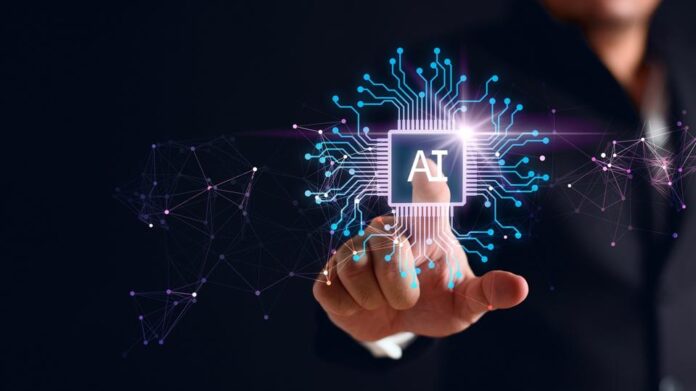Euclyd Unveils CRAFTWERK: Transforming AI Inference
Euclyd, a standout in ultra-efficient AI computing, is set to revolutionize the industry with its upcoming CRAFTWERK architecture. This advanced design promises to deliver unparalleled power and cost efficiency, redefining AI inference.
Key Highlights of CRAFTWERK:
- Innovative Design: Engineered for the lowest power and cost per token in the market.
- CRAFWERK SiP: A compact powerhouse featuring 16,384 custom SIMD processors.
- Delivers up to 8 PFLOPS (FP16) or 32 PFLOPS (FP4)
- Equipped with 1 TB of ultra-bandwidth memory (UBM) offering 8,000 TB/s bandwidth.
- CWS 32 Integration: This flagship system integrates 32 SiPs, achieving 1.024 exaflops of FP4 compute.
- Efficiency Breakthrough: A projected 100x improvement in power efficiency over current alternatives.
Euclyd’s commitment to socially responsible AI solutions positions it at the forefront of the industry, championing a sustainable future in AI infrastructure.
🚀 Join the conversation! Share your thoughts on the future of AI and tech advancements. Follow Euclyd for more updates!







